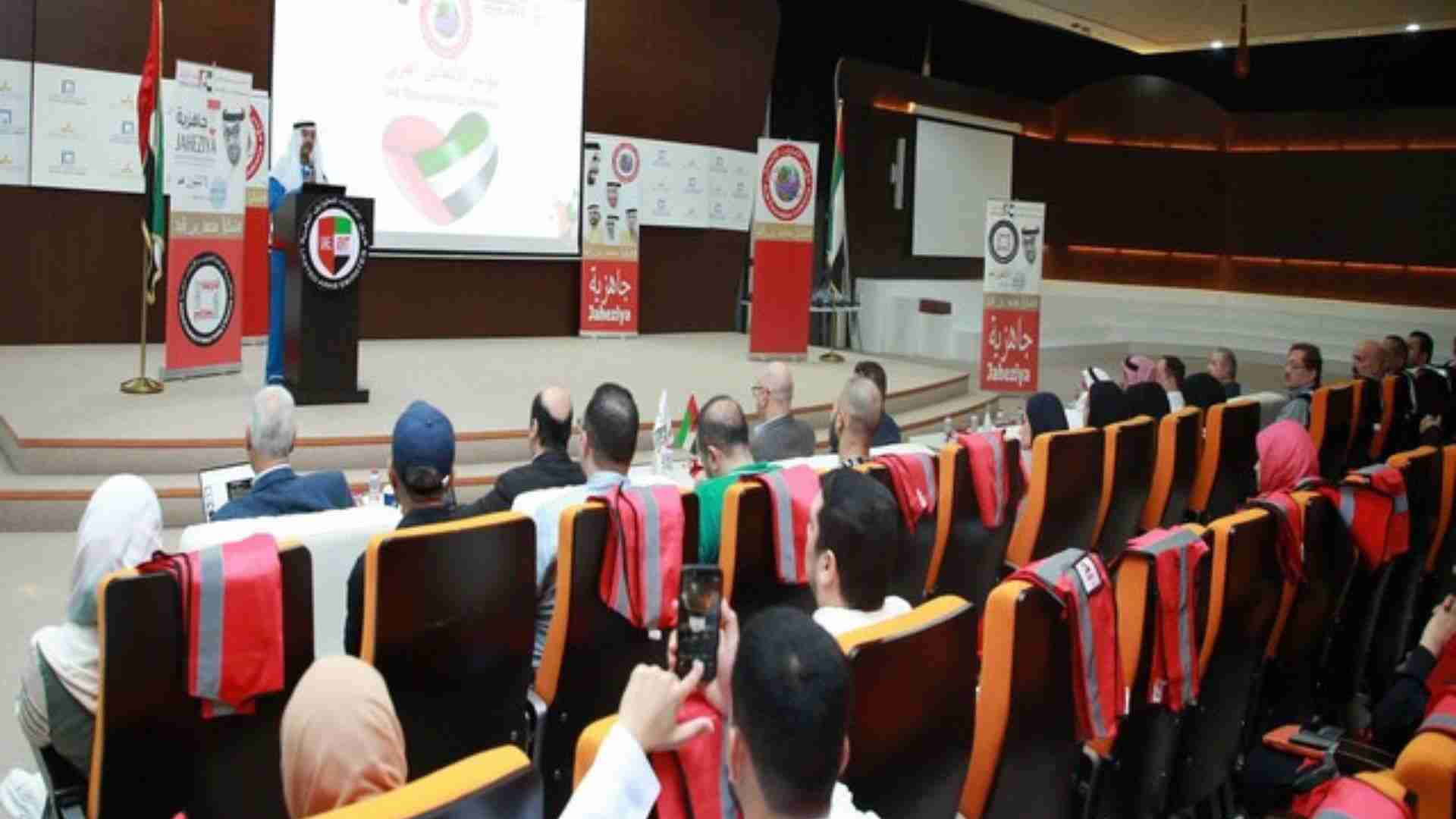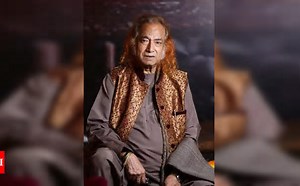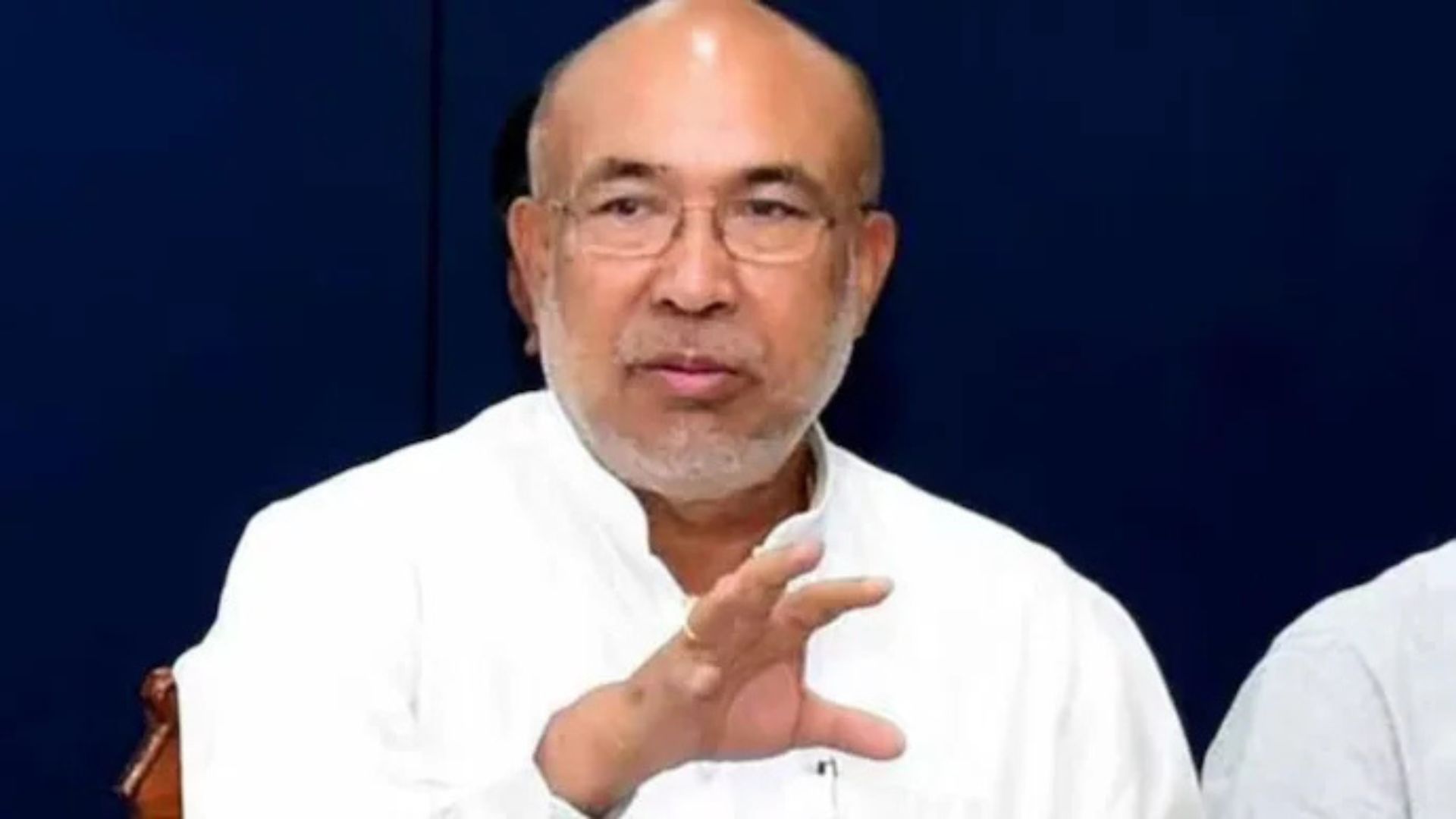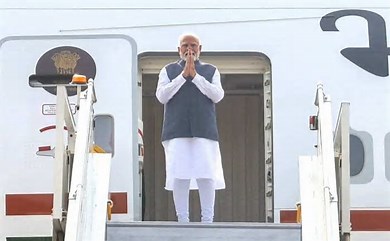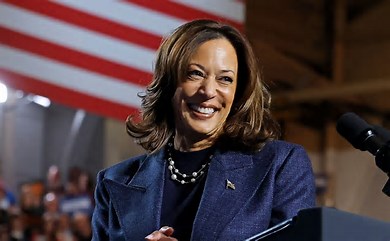
The role of education is very important for the uplift of the country, society, and the world. In India, the glory of the Guru has been described as unparalleled. Teachers create the future. As quoted by the great thinker Aristotle, “Teaching is the highest form of understanding.” Among all professions, teaching is the only profession that invests in the future and creates the future. Underlining the importance of teachers, Swami Vivekanand said: “My dearest and nearest relative in life is my Guru; next, my mother; then my father. My first reverence is to the Guru. If my father says, “Do this”, and my Guru says, “Do not do this”, I do not do it. The Guru frees my soul. The father and mother give me this body, but the Guru gives me rebirth in the soul.” He did not stop here and heaped praises on Gurus for their selfless service and devotion. He remarked: “It is easier to become a Jivanmukta (free in this very life) than to be an Acharya. For the former knows the world as a dream and has no concern with it; but an Acharya knows it as a dream and yet has to remain in it and work.”
I had the good fortune of meeting Dr Abdul Kalam on several occasions. During our conversations, I could see that he held teachers in high esteem. Dr Kalam aptly said “Teaching is a very noble profession that shapes the character, calibre, and future of an individual. If people remember me as a good teacher that will be the biggest honour for me.” By knowing the views of Dr Kalam–former President of the country–it’s very much obvious that there is immense respect for gurus in our society even today. If someone has to be given credit for establishing India as a Vishva Guru in ancient times, it’s our great Gurus. The mainstay of our prosperity was the dedication of the Gurukuls to acquire the best traditions, knowledge, and science.
I have always been eager to interact with the teachers, understand their hopes and aspirations and act accordingly. When I speak of teachers, I am reminiscent of my formative years as a teacher. I remember that my colleagues and I were always ready to give the best knowledge to our students. The passion, kindness and compassion found in teachers are unattainable; and this is the reason why a teacher can never retire from his role.
We must understand that teachers are central to any reforms that we wish to make in our education sector. It was for this reason that on the sidelines of the UNESCO meeting in Paris, I was very much interested to meet the Education Minister of Finland, a country known for its great teachers. I was curious to know how a remote sparsely populated country had quickly gained international recognition for its top-ranking education system. During our conversation, I was told that the country attracts the best talent in teaching and Finnish education authorities are dedicated to hiring qualified, creative, and innovative educators who can actively participate in shaping the national curriculum. NEP-2020 was not only welcomed in India but also abroad for its quality, innovation, and transformative measures. In fact, it’s the foundation stone for creating a self-reliant and prosperous India.
Being a teacher myself I have known the importance of teachers in the education system. I am very much glad that NEP-2020 has laid strong emphasis on the role of our Gurus along with the desired attributes of teachers for nation-building. If you compare earlier policies, it is for the first time that teachers have been put at the centre of the most needed fundamental reforms in the education system. The policy has also emphasized re-establishing teachers, at all levels, as the most respected and essential members of our society, as they shape the future generation of the country. As a step forward, the NEP-2020 has also elaborated on the recruitment of good teachers in a transparent method, to give autonomy while also instilling a sense of responsibility and accountability in every teacher. We must understand that the ideal and good quality teacher can be responsive and adaptive to the changing needs of society in this dynamic world. Understanding that bringing any innovative practice may be an important attribute of an ideal teacher, we are creating an ecosystem that will provide continuous learning opportunities to our teachers.
For the first time, we have put a lot of emphasis on experiential or real-world learning. The roles of our teachers have been clearly defined and authorities have been asked to reduce curriculum content to enhance experiential learning and critical thinking. Facilities are being created for hands-on learning, arts-integrated, and sports-integrated teaching.
I am very proud to share with you that one of the key suggestions from our teaching fraternity was the inclusion of traditional Indian knowledge and a value-based education system as an integral part of our curriculum. In addition they also wanted a role in curriculum development. Taking their suggestions very seriously in NEP -2020, we have devised a mechanism whereby our teachers will assist in curriculum development. We have decided to incorporate traditional Indian knowledge and universal human values into our curriculums. Analyzed by more than 100 top institutions of the world, including Cambridge, Harvard, and Michigan, this policy has been described as historic, transformative, and extremely practical. Appreciation for practicality and scientific research is appreciated. I would give the credit for the successful formulation of this policy to all the stakeholders related to education policy including you, who made this policy a reality with their hard work day and night.
I was really impressed with how our teachers successfully dealt with Covid-19 challenges during the pandemic; I am glad that teachers have used DIKSHA, Community Radio, Shiksha Vani, SWAYAM PRABHA, NREOR, and many more innovative methods during the pandemic. I am sure that just as our teachers gave unprecedented support in policy-making, in the same way, they will play an important role in the implementation of the National Education Policy, helping us to set new paradigms in the education sector. We must keep in mind that “Teachers affect eternity; no one can tell where their influence stops” (Henry Brooks Adams).
Dr Ramesh Pokhriyal ‘Nishank’ is a former Education Minister, Government of India. He was Chief Minister of Uttarakhand. Besides being a politician, he is also an accomplished author and poet who has penned over 106 books.

